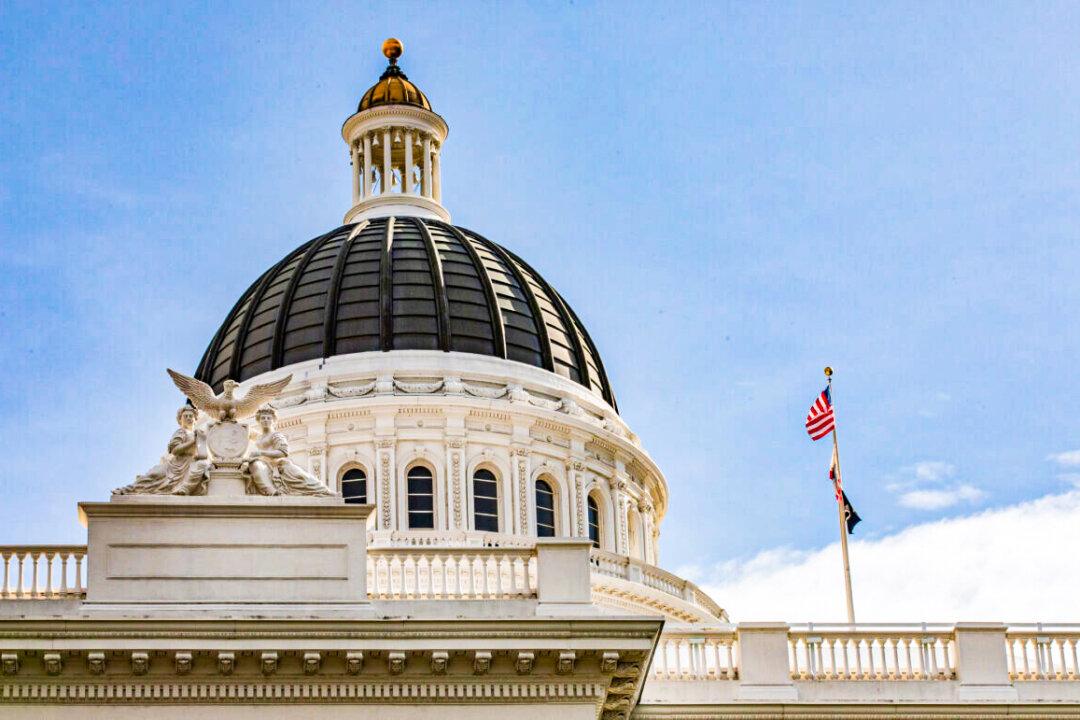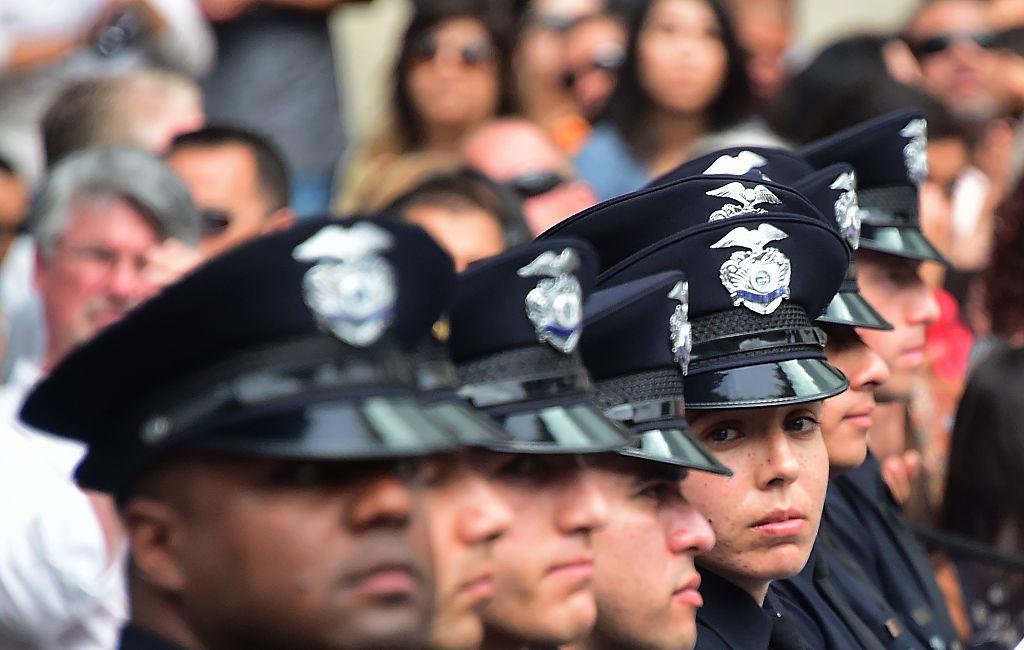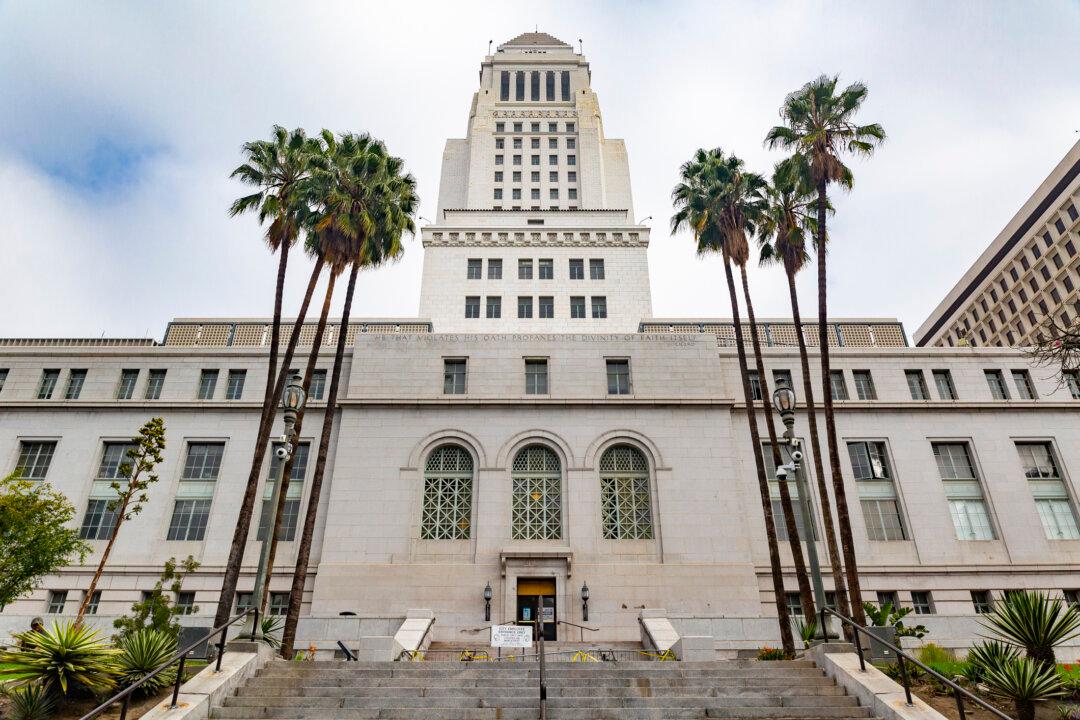A Democratic lawmaker in California introduced a bill Dec. 19 to decriminalize the personal use of plant-based psychedelic drugs—such as magic mushrooms, mescaline, and psilocybin—outside of school grounds for people 21 and up.
“Criminalizing drug use and possession accomplish absolutely nothing other than to fill up our prisons with people who are addicted,” said Sen. Scott Wiener (D-San Francisco) outside of the state Capitol Dec. 19. “We need to treat drug use as a health issue instead of a criminal one.”





